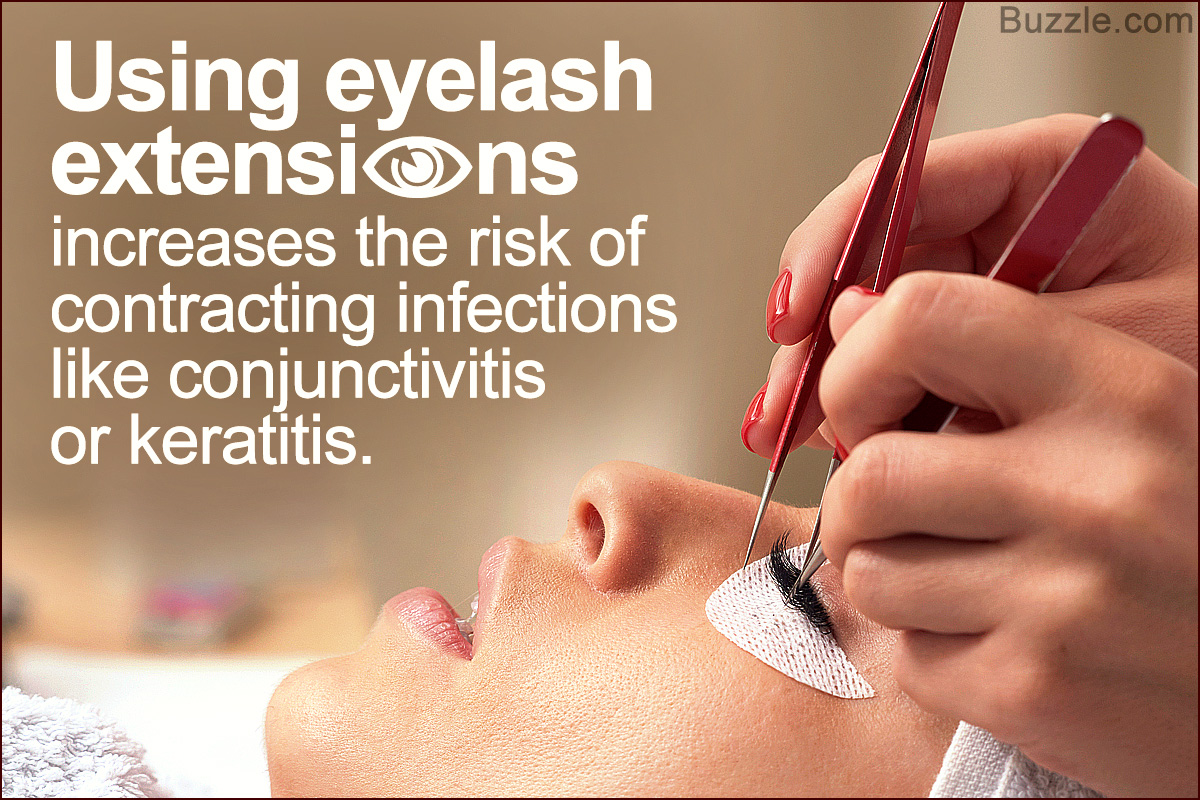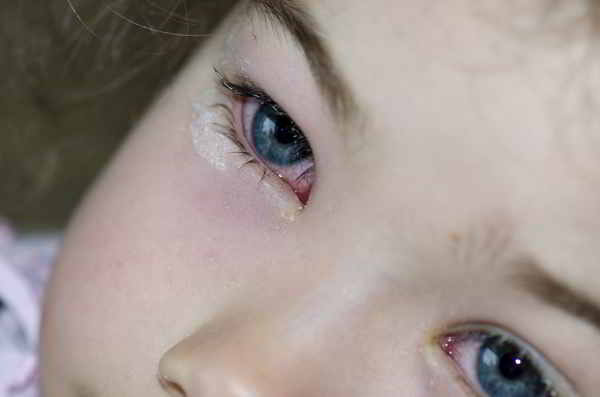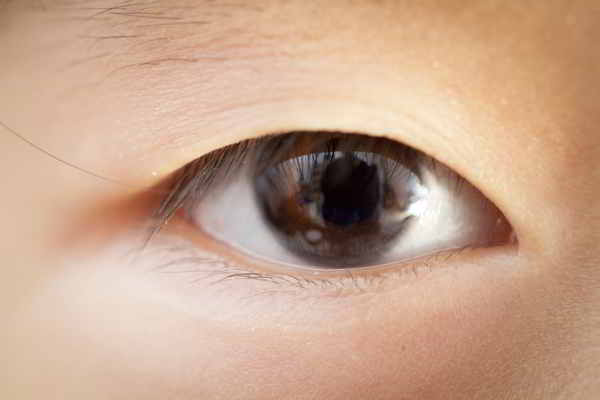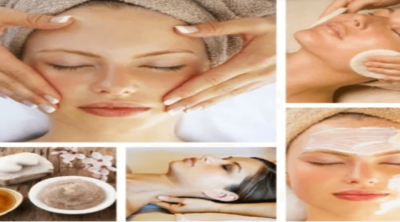
Eyelash extensions are a temporary solution to ‘raccoon eyes’, but the risks associated with them are far too many. This post walks you through the risks of using eyelash extensions, and gives you alternatives to this cosmetic procedure.
Eyelash extensions are a cosmetic procedure where artificial lashes are glued on natural lashes using an adhesive.
Long and voluminous eyelashes are one thing most women desire. To achieve this, they use volume-enhancing mascara, fake lashes, and even extensions. Sadly, many women are bearing the brunt of badly done cosmetic procedures, or allergic reactions to the products used.
Even though makeup products have their fair share of side effects, cosmetic procedures walk away with the cake where reactions and after effects are concerned. One such procedure that has visible effects once done is eyelash extensions. The probable effects of this cosmetic procedure vary, depending on the number of extensions used, where the procedure was carried out, etc. Elaborated in this BeautiSecrets write-up are the various risks of using eyelash extensions.
Risks Involved
Allergic Reactions and Infections
Users of eyelash extensions are at a risk of getting allergic reactions due to the chemicals used in the adhesive. Most adhesives may or may not agree with many skin types, especially sensitive skin. The symptoms of allergic reactions to the glue used to stick these extensions vary from milder ones like itching, irritation or redness on the eyelid, to more severe reactions like swelling of the eyelid.
According to the American Academy of Ophthalmology (AAO), users of eyelash extensions are susceptible to bacterial or fungal infection post procedure. Their experts say that if bacteria or fungi get lodged in the artificial fibers, it can cause infections like conjunctivitis and keratitis.
Damage to the Hair Follicle
Most eyelash extension procedures make use of heavy duty adhesives, which stay on for longer, stick the artificial fibers better, etc. If by mistake one rubs their eyes after the procedure is complete, there are chances of the natural hair falling off. Also, due to the chemicals in the adhesives, the hair that grows out may grow stunted and thinner than before.
According to the College of Optometrists in England, the repeated use of eyelash extensions can be associated with traction alopecia. This condition develops due to tension on the hair shaft, eventually causing the hair follicles to get damaged and subsequently fall out. In milder cases, there is a possibility of damage to the hair follicles making the growth of the lashes slow; but in severe cases of traction alopecia, the growth of hair may stop completely.
Avoiding the Risks
Many women today, especially those who are hard pressed on time like using eyelash extensions. These extensions save up on the time and effort for getting ready in the morning. But due to the risk of damage to the eyes involved in using these extensions, many women are discouraging the idea of getting them done. There are measures that can be taken to avoid possible infections, allergic reactions, and damage to the eye and hair follicles. The AAO advises women who use these extensions to follow the below:
- Get the extensions done from a qualified aesthetician.
- Make sure proper hygiene is maintained by the aesthetician while carrying out the procedure.
- Do research about the composition of the products used like adhesive, artificial fibers, etc.
- Clear out all your doubts regarding the subject.
- Make sure you are not allergic to any chemical present in the adhesive.
Waking up to long, dramatic, and gorgeous lashes is an amazing experience, but care should be taken when going in for this cosmetic procedure. Do your research well and weigh out the pros and cons of eyelash extensions before getting them done. If you are planning to get them done, then it is advisable to go to reputed, skilled, experienced, and talented technicians, because if they are done well, and in the correct way, then these extensions are amazing, comfortable, and they look absolutely beautiful.




